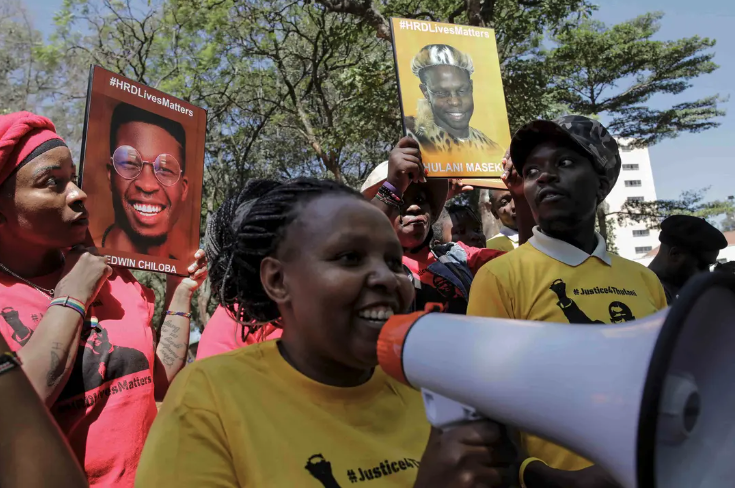Report: Africa Dominates List of 'Most Neglected' Displacement Crises
The Norwegian Refugee Council said on Monday in an annual report that nine African countries were among the world's top 10 most neglected displacement emergencies in 2023....
Facts
- The Norwegian Refugee Council said on Monday in an annual report that nine African countries were among the world's top 10 most neglected displacement emergencies in 2023.1
- Burkina Faso has topped the list for the second straight year, struggling with around 2M internally displaced people, most of whom the humanitarian organization claims have no access to relief resources.2
- The country has long endured conflict with militias that as of June last year, controlled up to two-fifths of its territory — where hundreds of thousands have no access to services.3
- Other countries included in the list are Cameroon, DR Congo, Mali, Niger, South Sudan, Central African Republic, Chad and Sudan, with Honduras — placed sixth — being the only nation outside of Africa.4
- This comes as the Council analyzed 39 crises that have displaced more than 200K people based on three criteria — international political will, media attention, and humanitarian funding.5
Sources: 1Barrons, 2Dw.Com, 3Guardian, 4allAfrica.com and 5NRC.
Narratives
- Narrative A, as provided by The New Humanitarian. Major humanitarian crises in Africa tend to receive insufficient media attention — meaning that it's harder to fund humanitarian aid due to the lack of public awareness. Journalists and editors can help change that by covering under-reported crises and not relying exclusively on a narrow range of institutional sources. This will help to secure more robust support from the global community.
- Narrative B, as provided by ISS Africa. Africa has long been marred by forced displacement crises, as internal conflicts keep destroying the future of the continent. Whether the international community neglects such crises or deploys ineffective peacekeeping operations, it's ultimately up to African nations themselves to build more capacity to prioritize conflict prevention and resolution.







